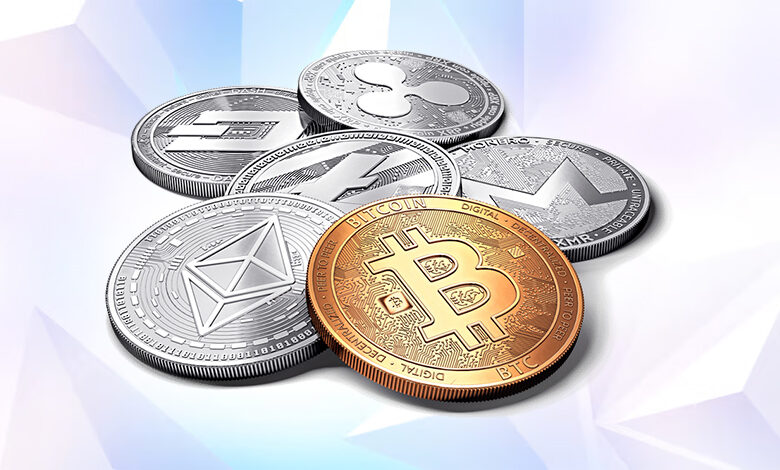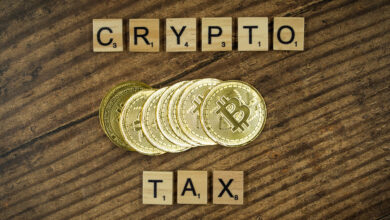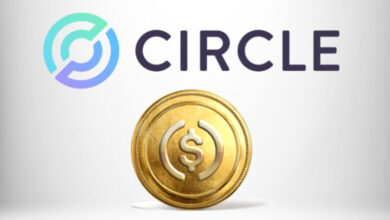Potential Ban on Non-Decentralized DeFi Protocols Looms in Europe

Under MiCA’s provisions, the European Commission is mandated to produce a report by December 30, 2024, evaluating the decentralized finance (DeFi) market and the potential for tailored regulations within the sector.
The European Commission, in collaboration with the European Banking Authority (EBA) and the European Securities and Markets Authority (ESMA), aims to release a thorough report by end of 2024. This report will evaluate the advancement of DeFi in crypto-asset markets and consider the necessity and practicality of regulating decentralized crypto-asset systems. It will particularly focus on regulating crypto-asset lending and borrowing, a fundamental aspect of DeFi, as explained by Maxim Galash, CEO of CoinChange Financials, in an analysis.
The report suggests possible EU actions against DeFi protocols lacking genuine decentralization. “In preparation for this report, we have initiated a number of actions. For instance, we are running a study on embedded supervision. No policy decisions have been taken yet,” a Commission spokesperson informed Cointelegraph.
MakerDAO co-founder Rune Christensen expressed his views on the regulatory developments surrounding DeFi, suggesting that such initiatives could introduce new licensing requirements for DeFi protocols, potentially leading to a dichotomy between fully decentralized and fully KYC-enabled platforms. “This would make DeFi frontends on normal internet domains, as we know them today, impossible. Only fully decentralized, local, downloaded frontends or full-KYC online frontends would be possible. Sad,” Tune stated in a post on X.
In line with this, XReg Consulting partner Nathan Catania proposed that DeFi regulations might encompass all non-fully decentralized applications, including DeFi frontends. He emphasized the complexity of defining decentralization and its implications for regulatory measures.
Catania concluded that the crucial consideration lies in determining whether the DeFi arrangement is purely a technological construct or if there exists a controlling party with the ability to influence user value.
Notably, several DeFi platforms faced scrutiny in recent years amid Western financial restrictions following geopolitical tensions, particularly after the Russia-Ukraine conflict. Decentralized finance protocols in Europe could soon face new regulatory scrutiny as the European Commission evaluates the landscape under the MiCA framework.
DeFi represents a departure from traditional centralized financial systems, leveraging blockchain technology for peer-to-peer finance. However, potential new regulations have raised concerns about the legal status of certain crypto projects.
Under MiCA, Crypto-Asset Service Providers (CASPs) are entities offering digital asset-related services to third parties. Nathan Catania suggested that regulators might consider factors like professional service provision when evaluating decentralization levels.
Furthermore, regulations could also be influenced by the Financial Action Task Force (FATF), potentially categorizing individuals or entities influencing DeFi arrangements as Virtual Asset Service Providers (VASPs), regardless of apparent decentralization.
According to DefiLlama data, the total value locked (TVL) in DeFi protocols has surged significantly over the last four years, soaring from $570 million in April 2020 to $96.7 billion presently. This translates to a staggering growth of 16,865% during this timeframe.





